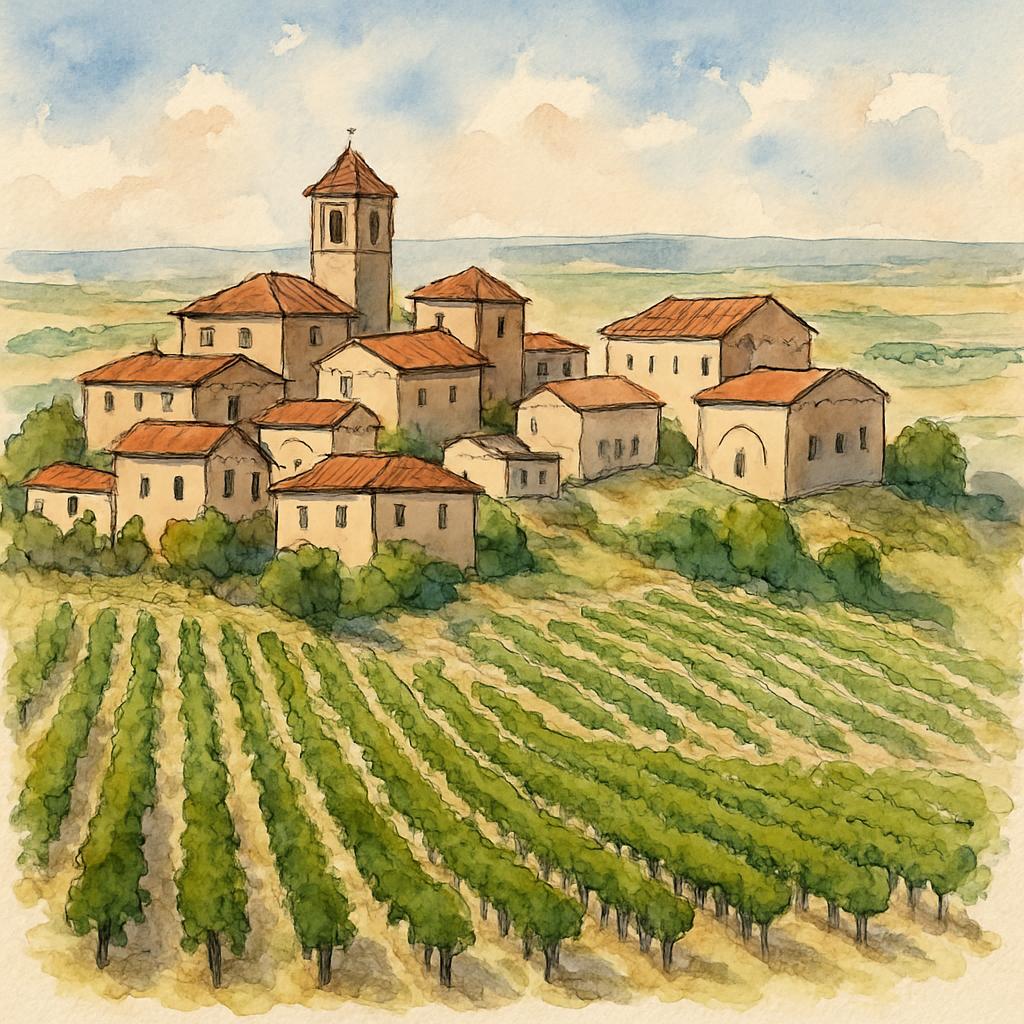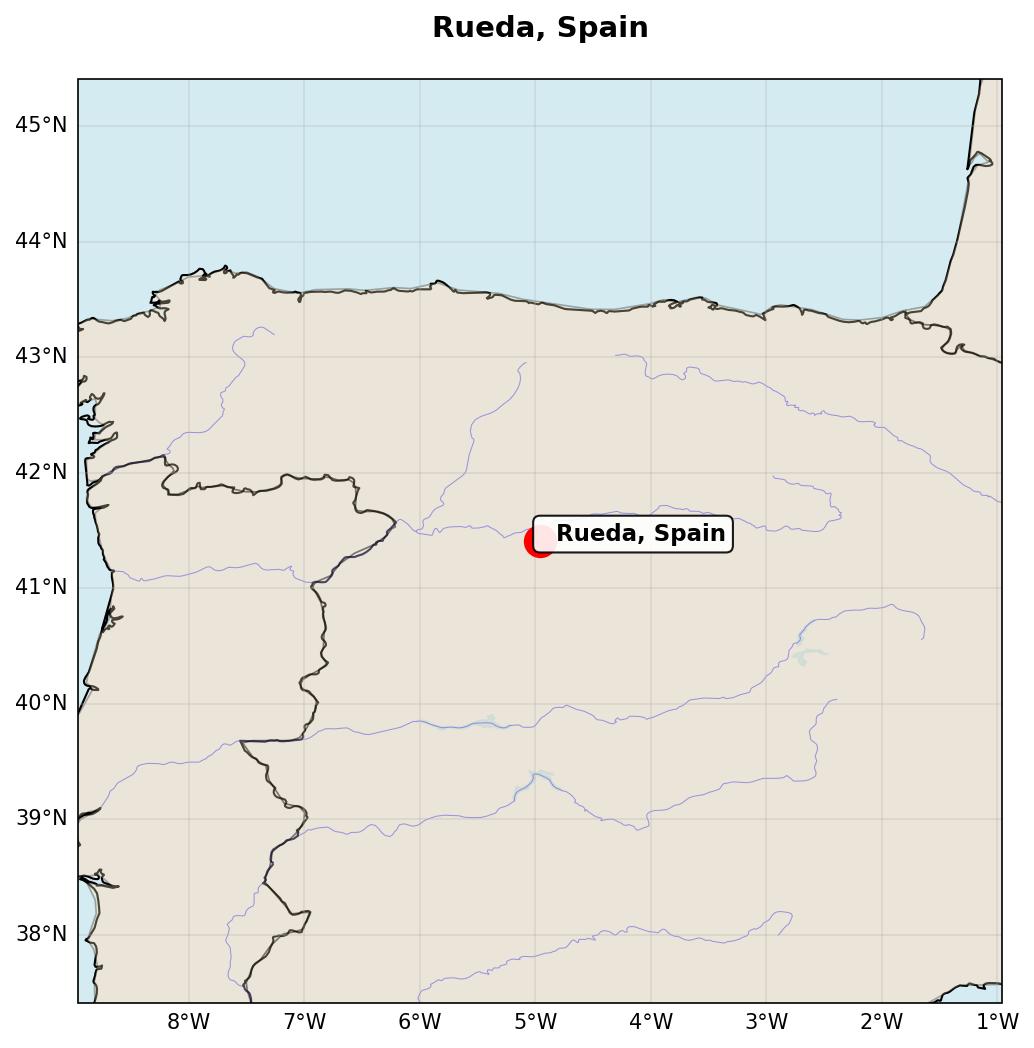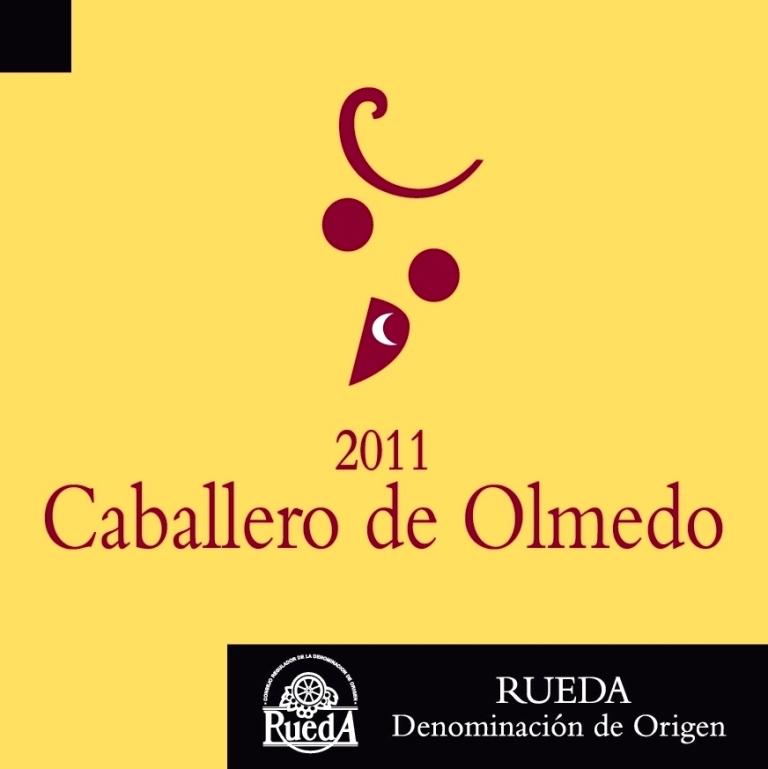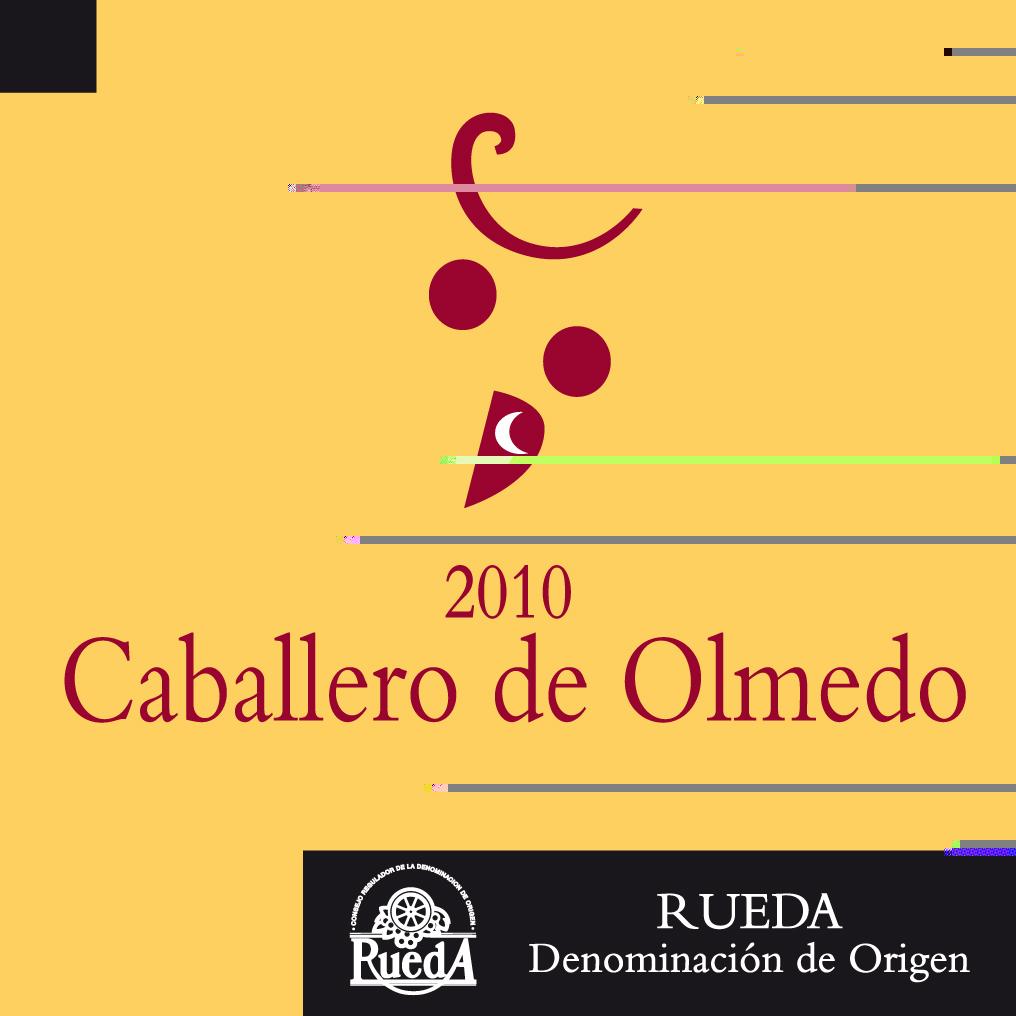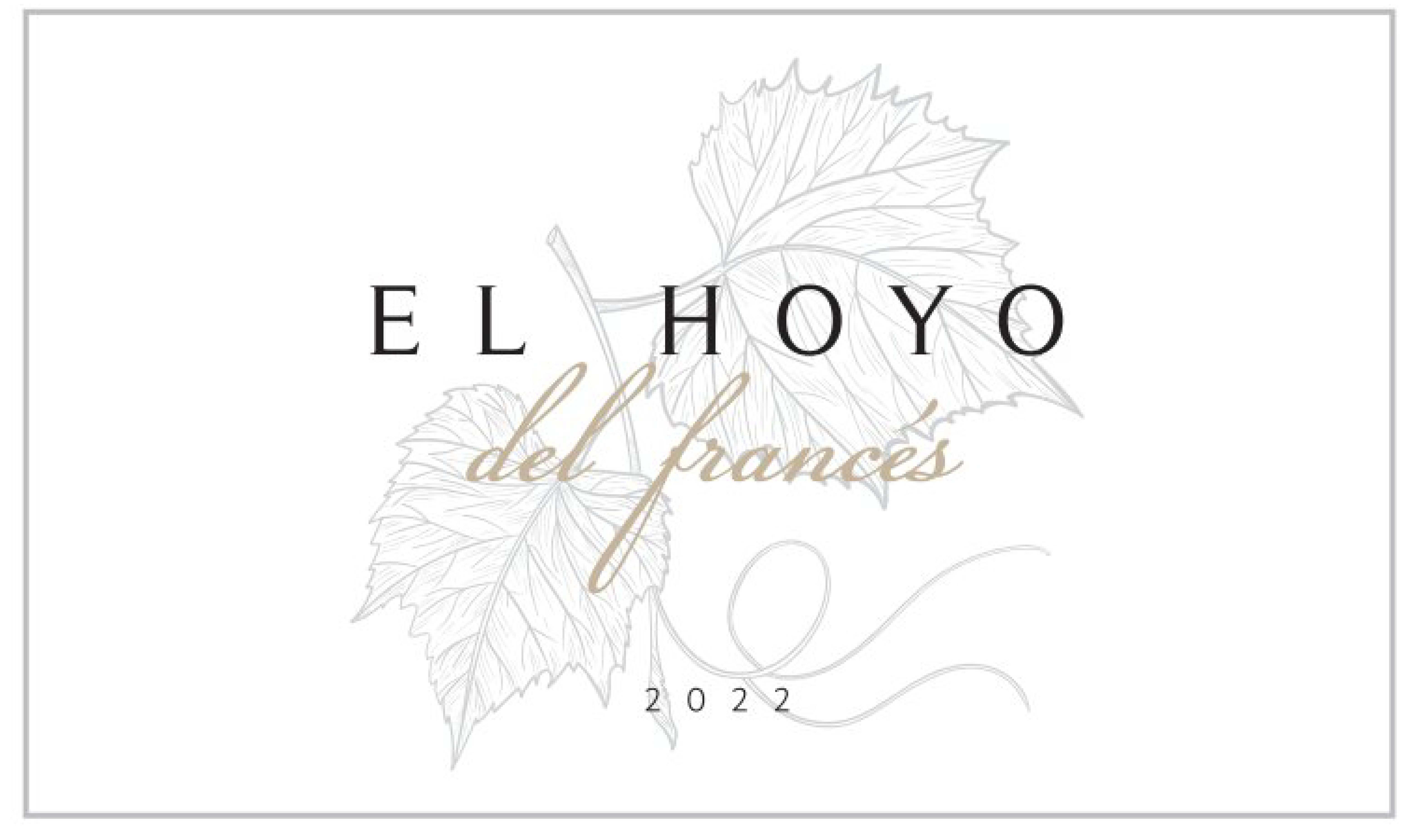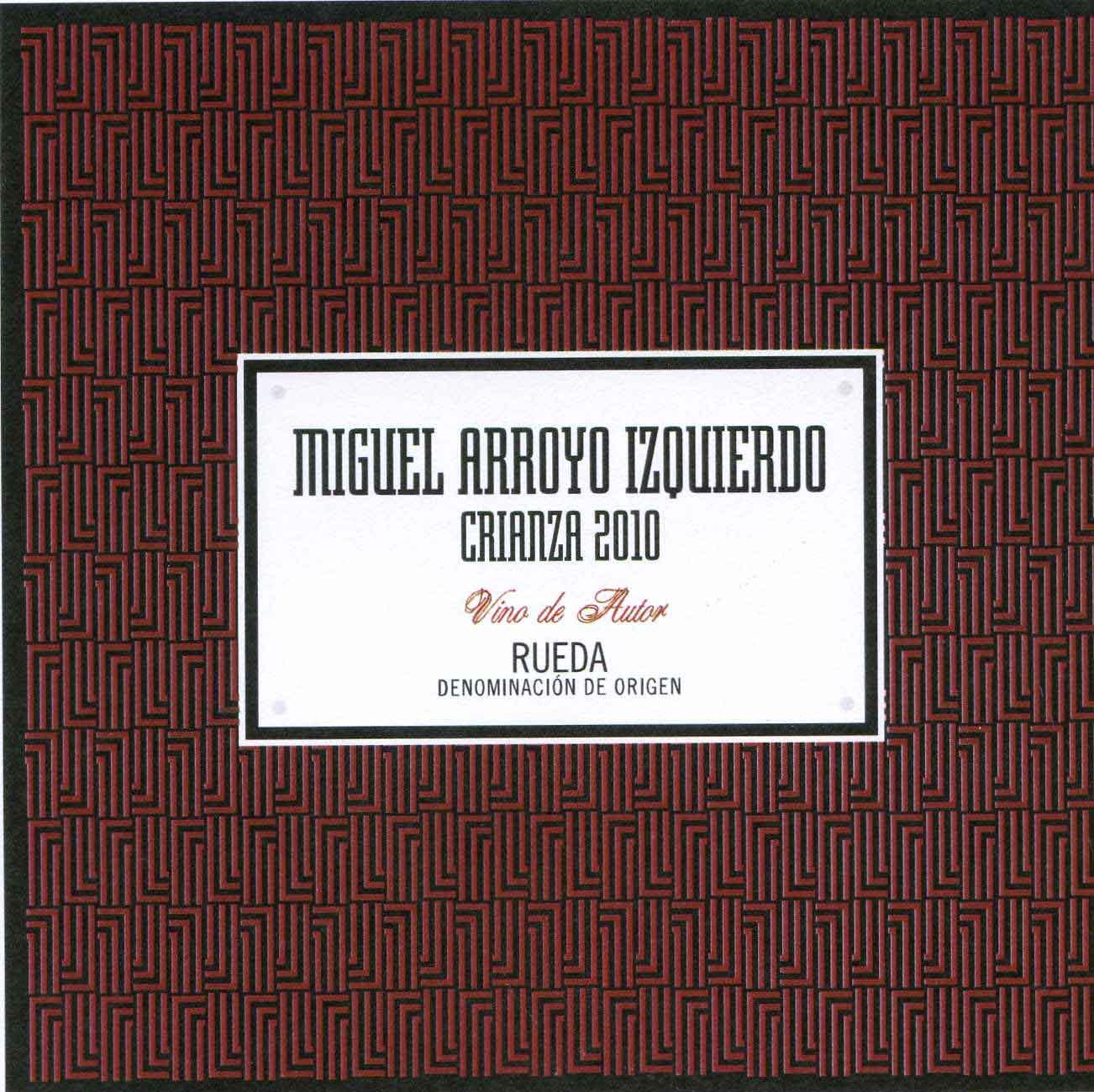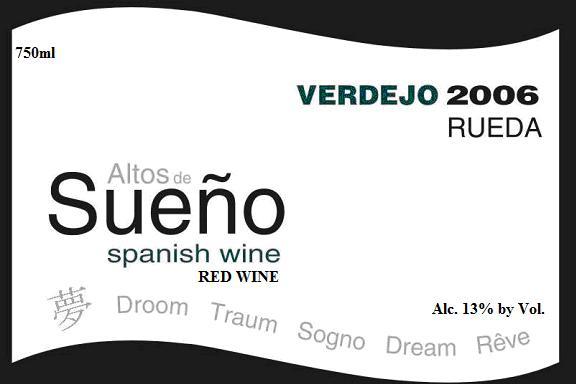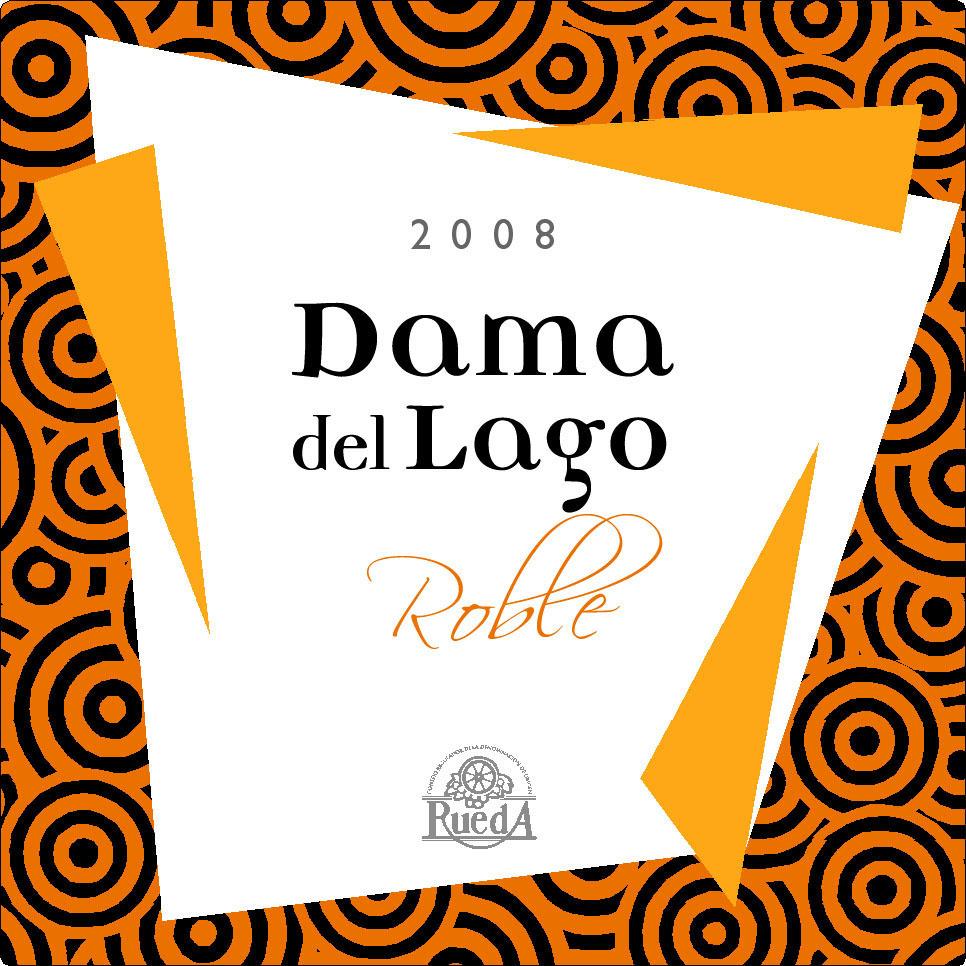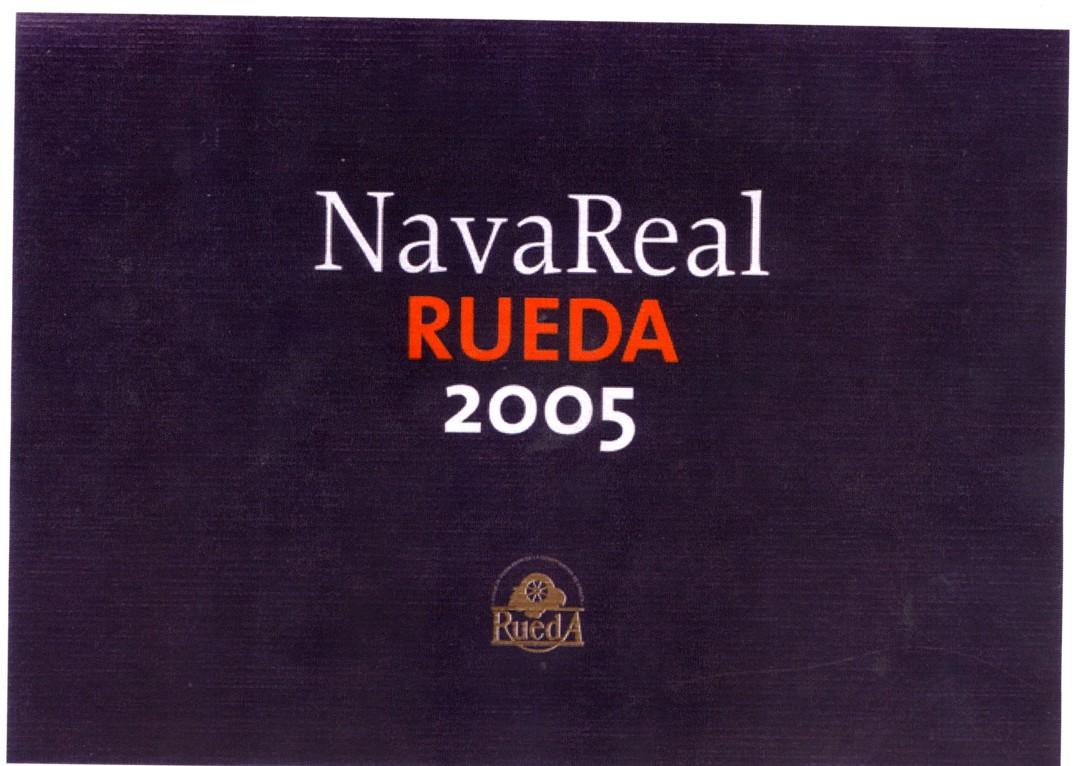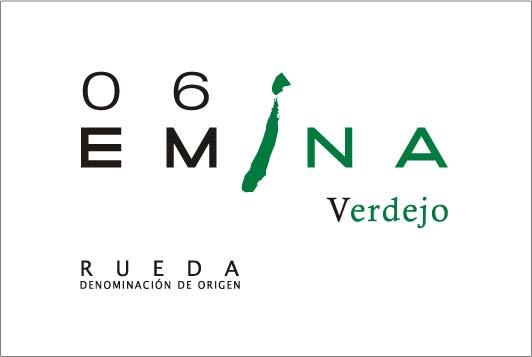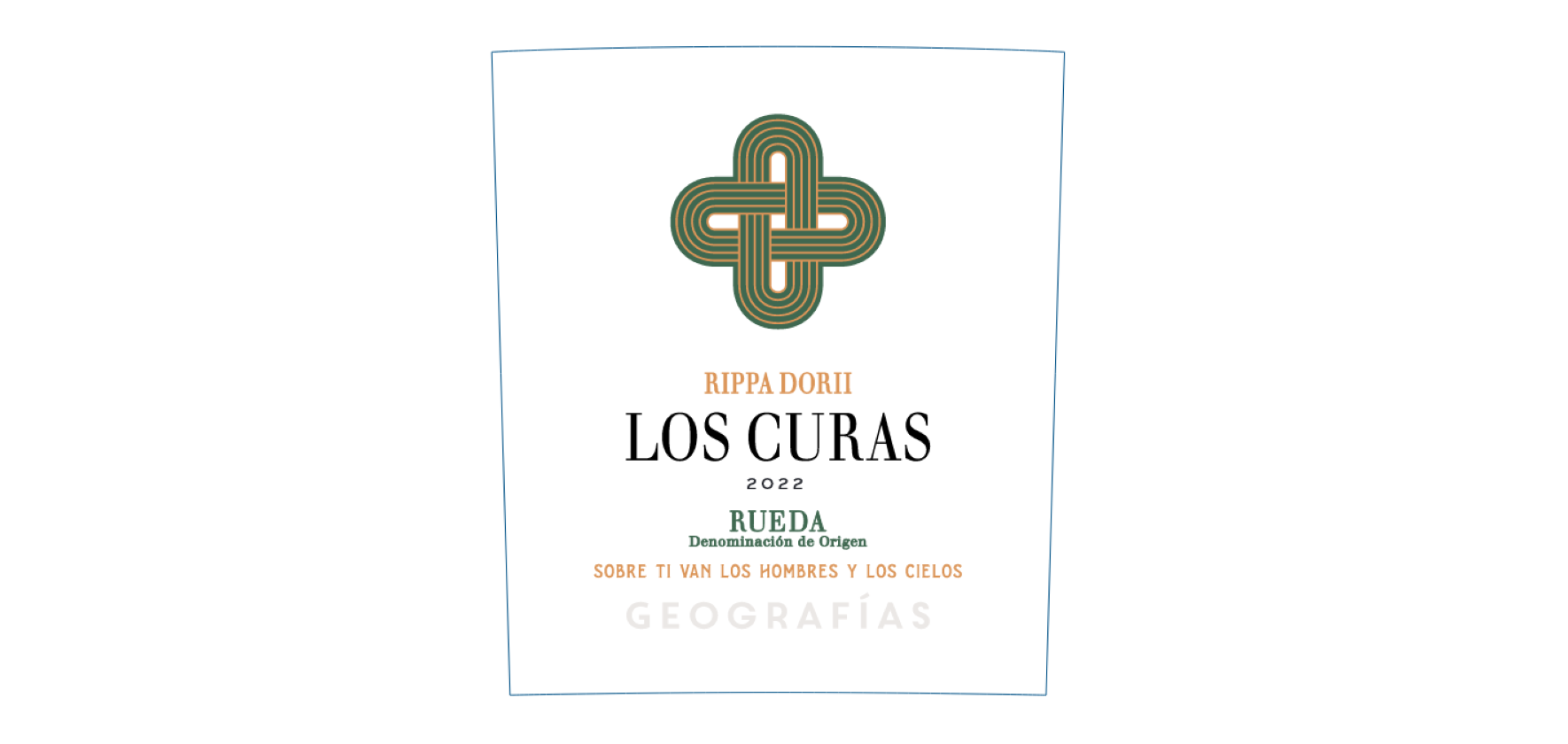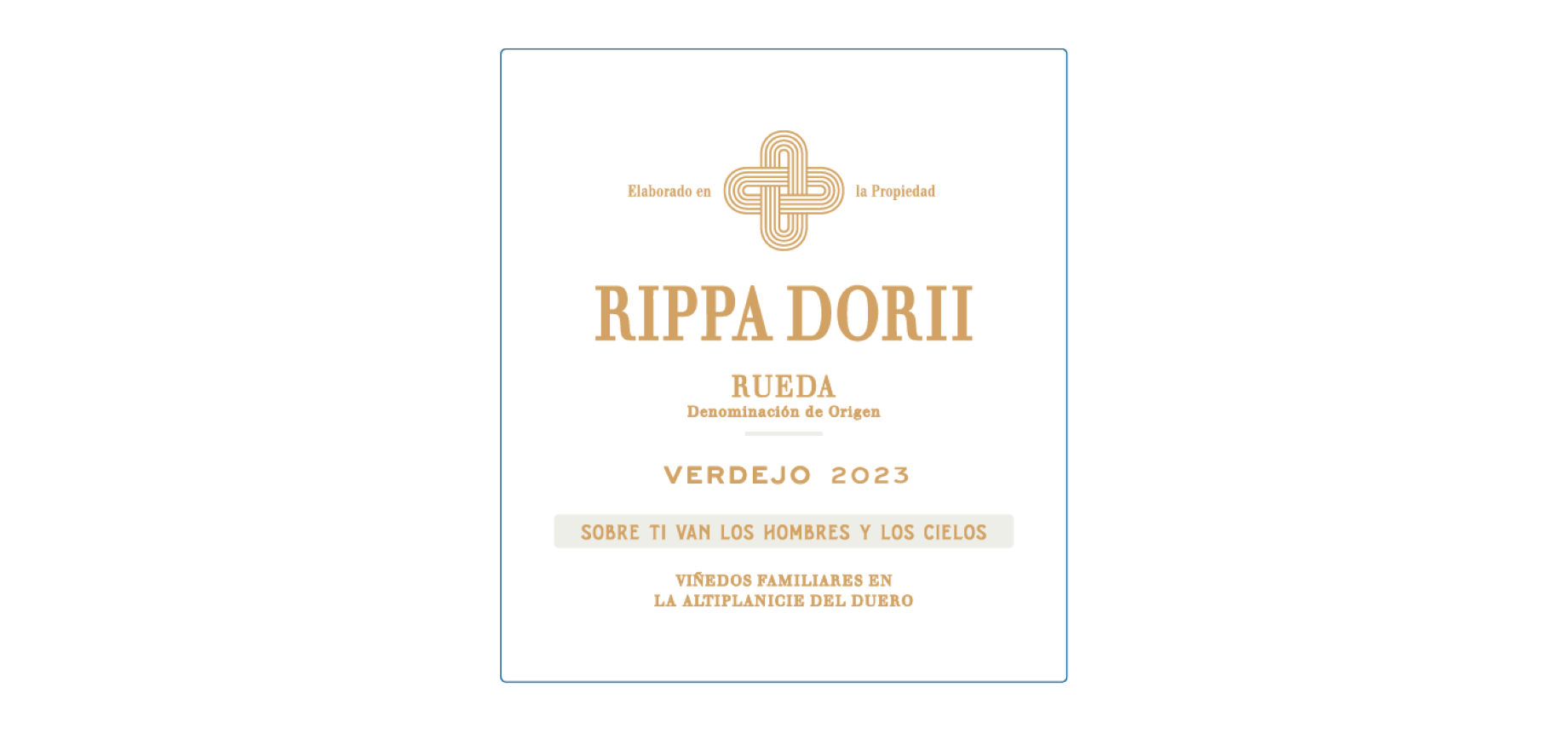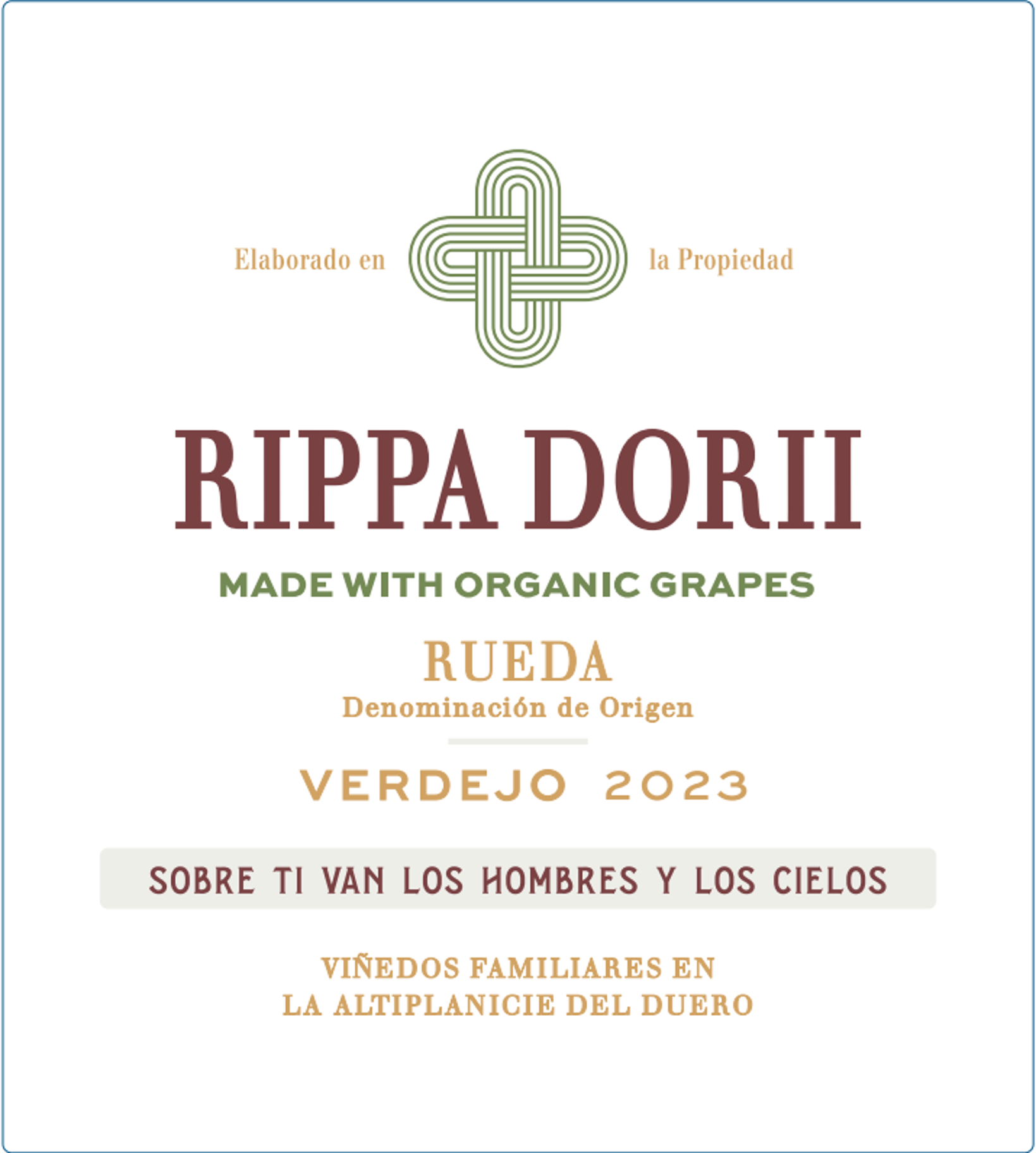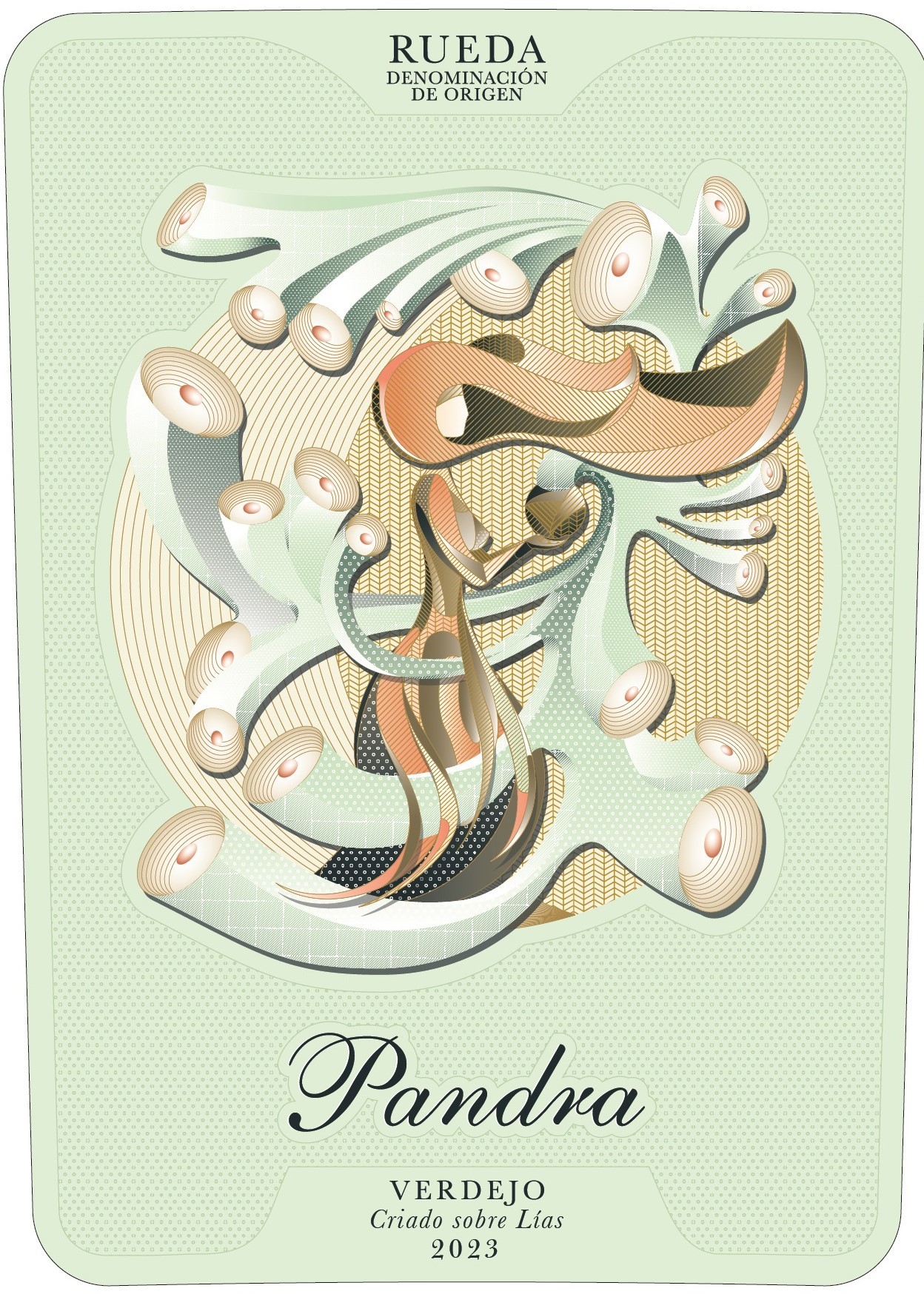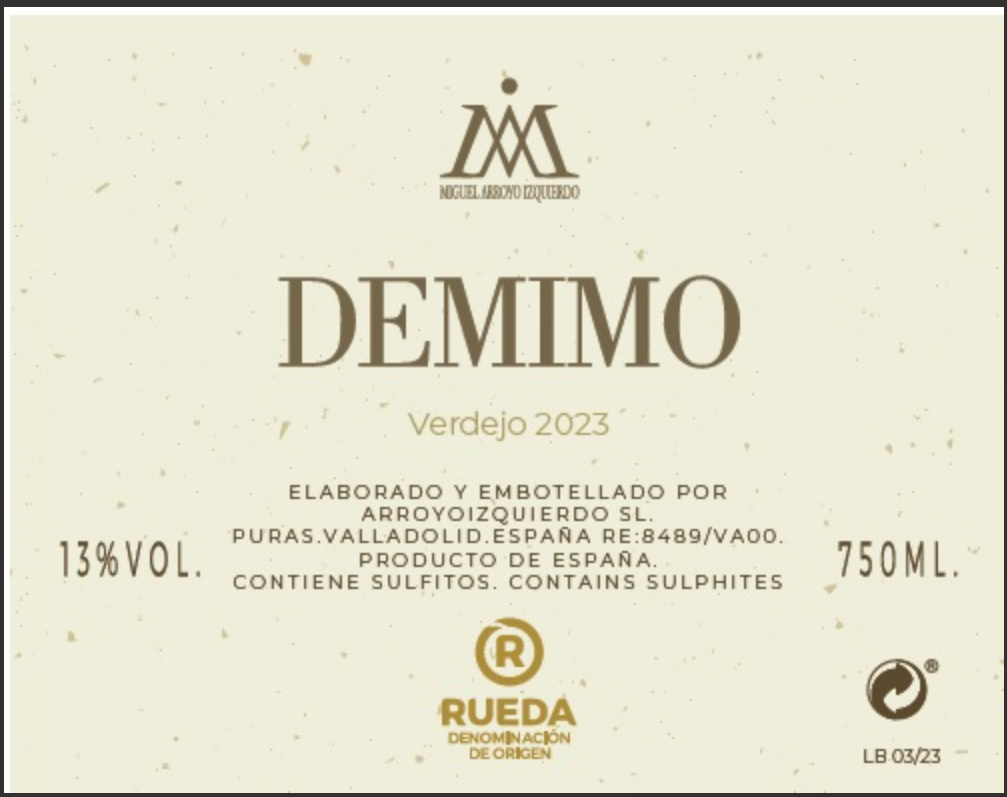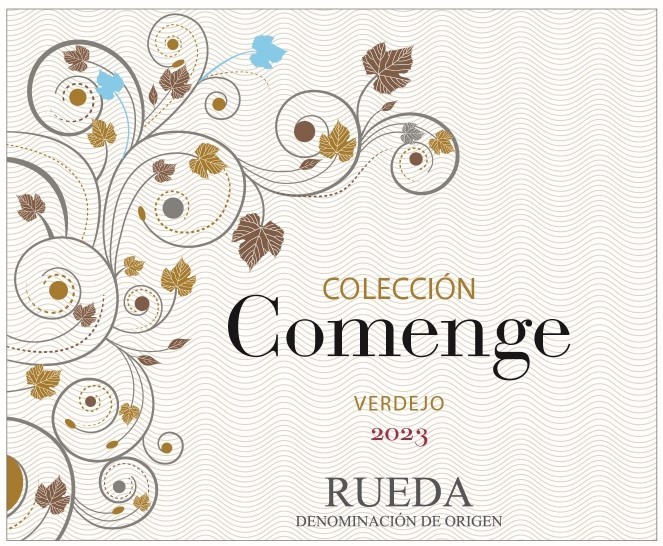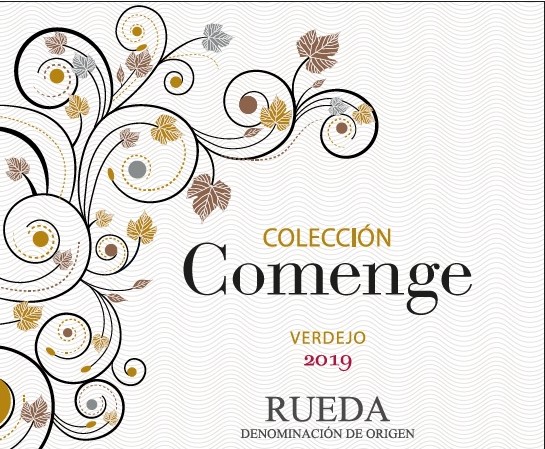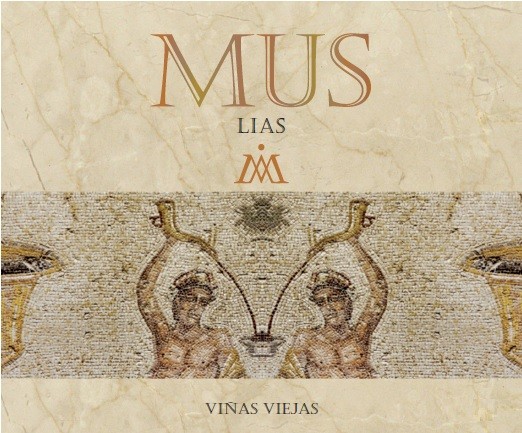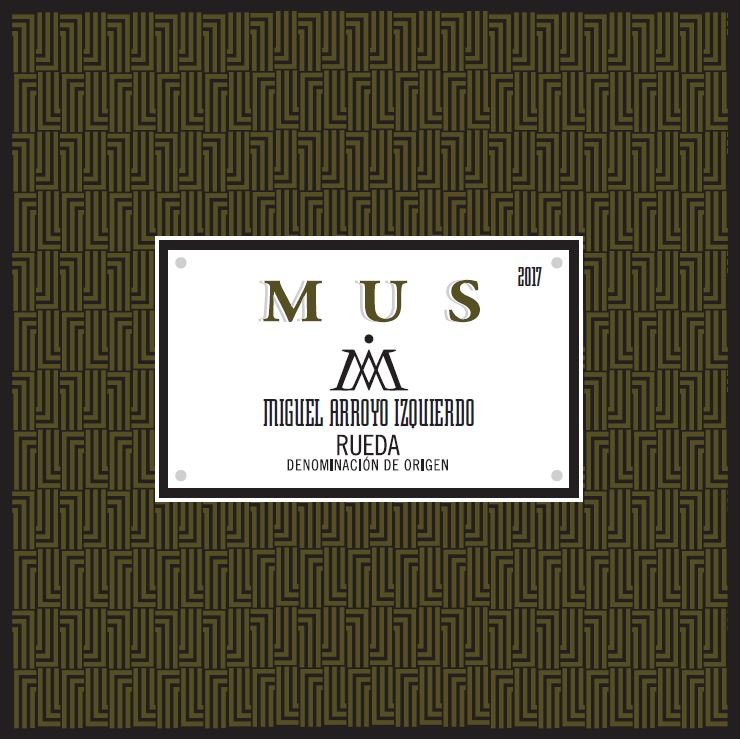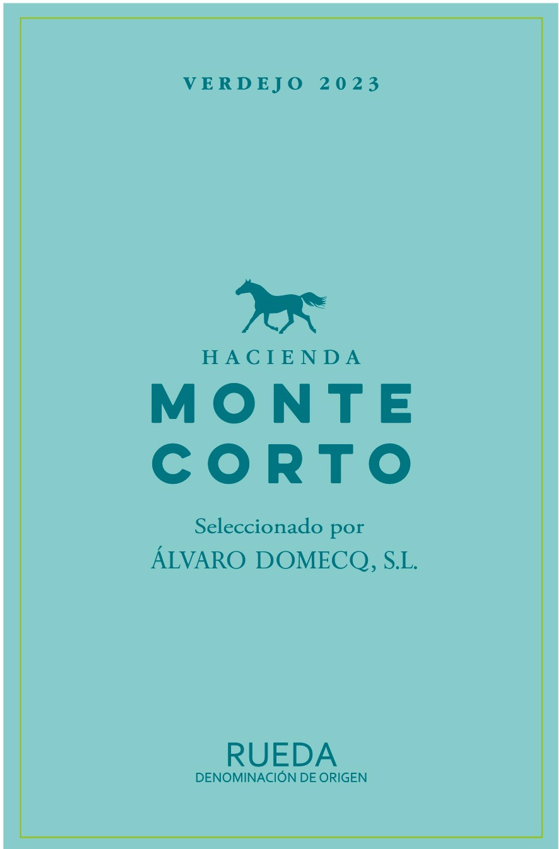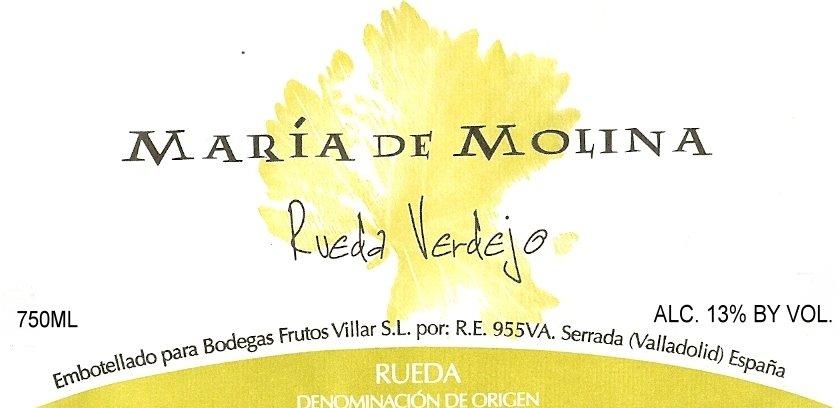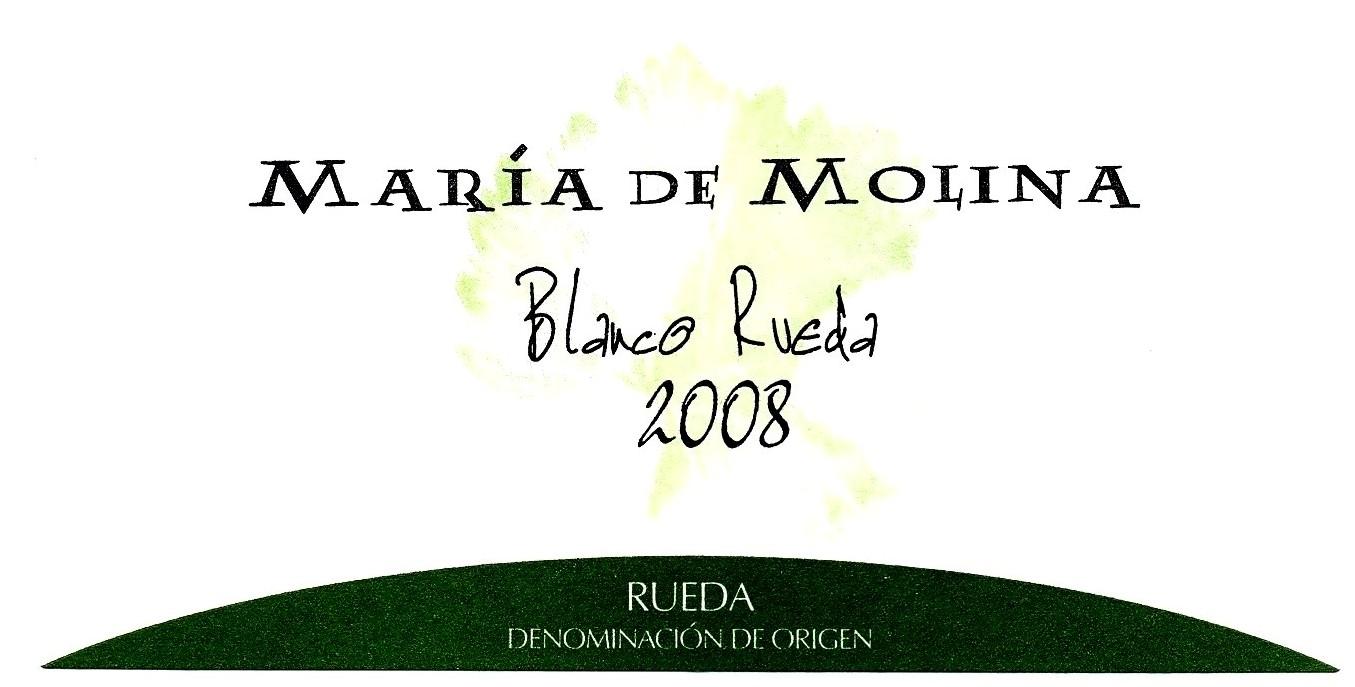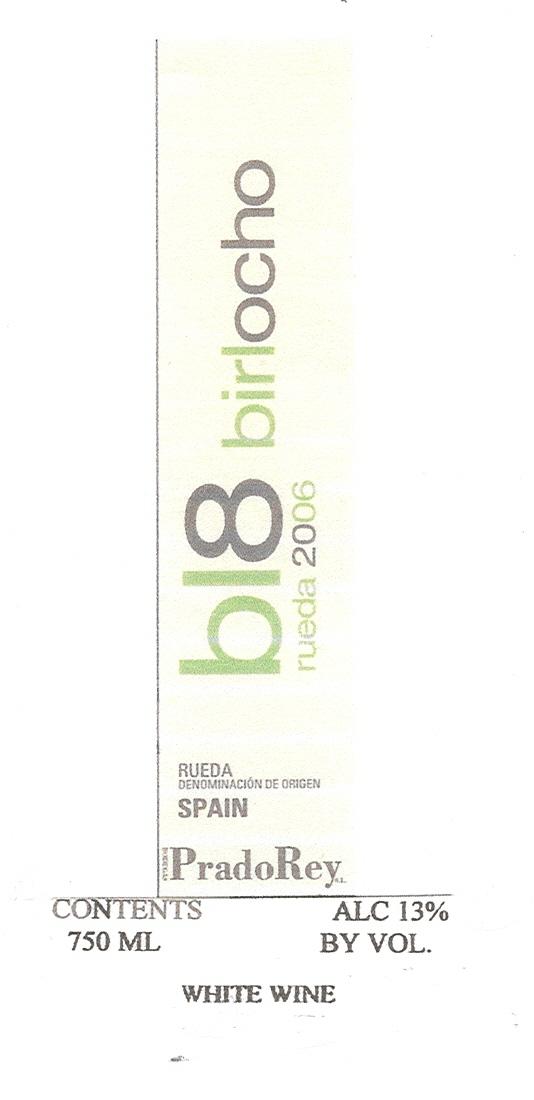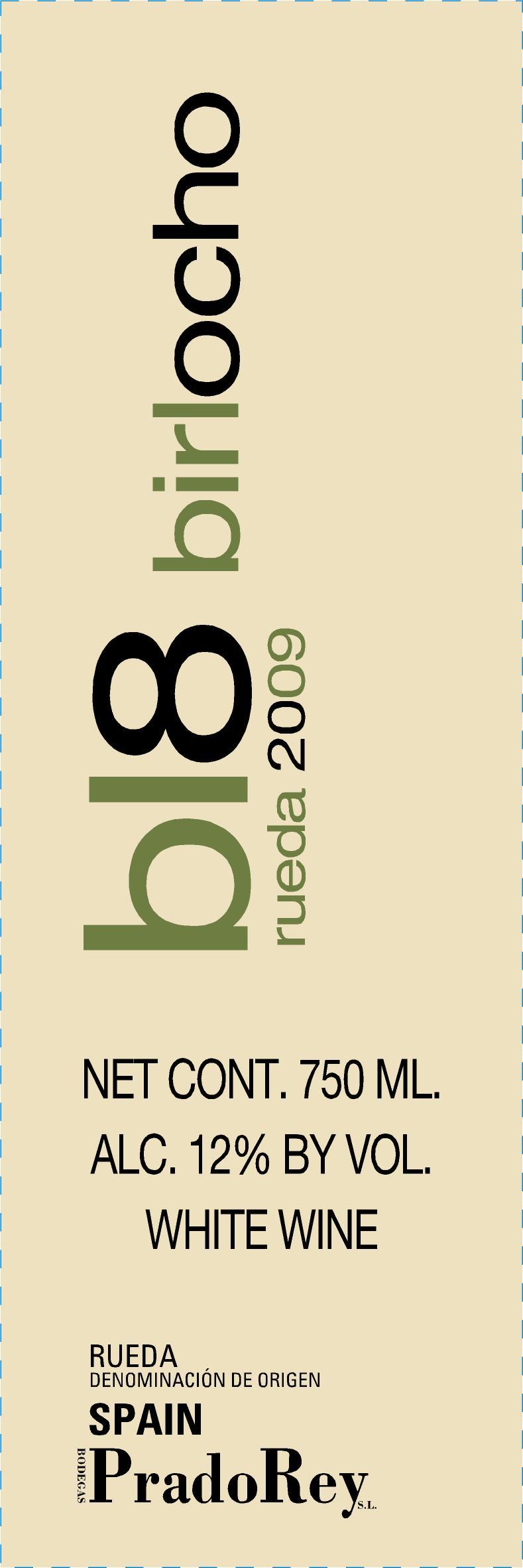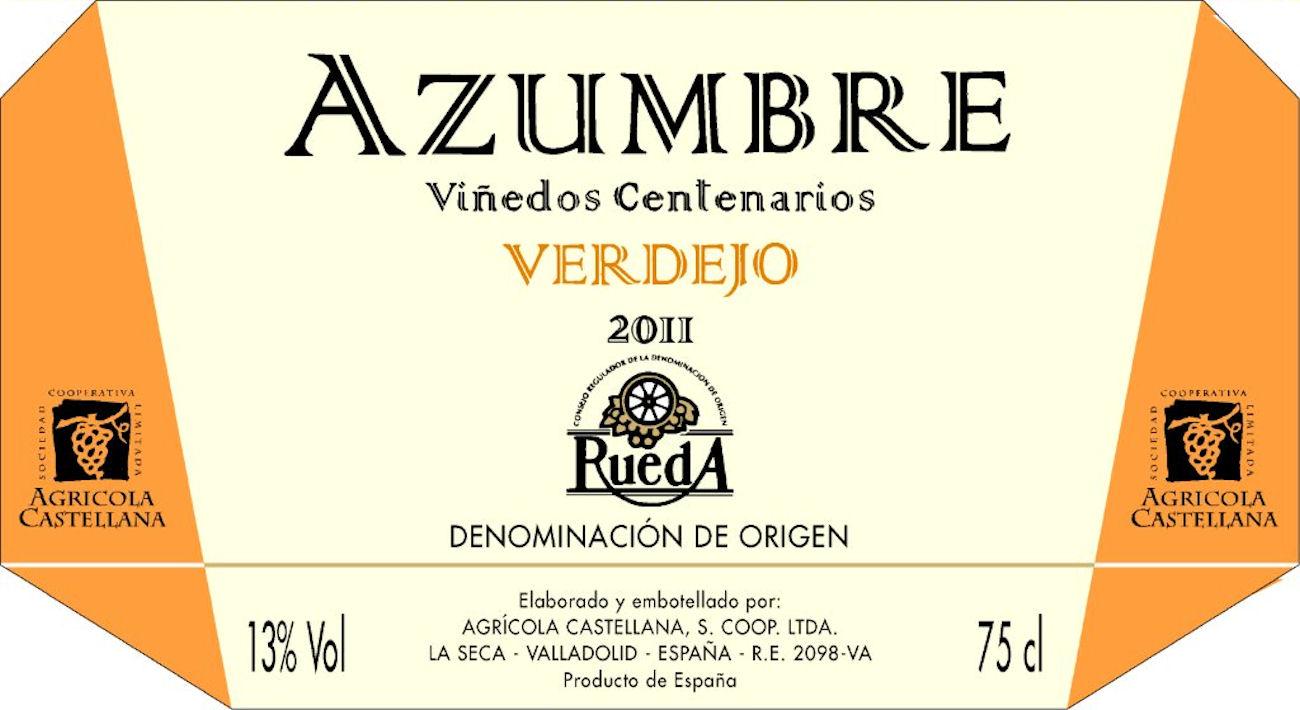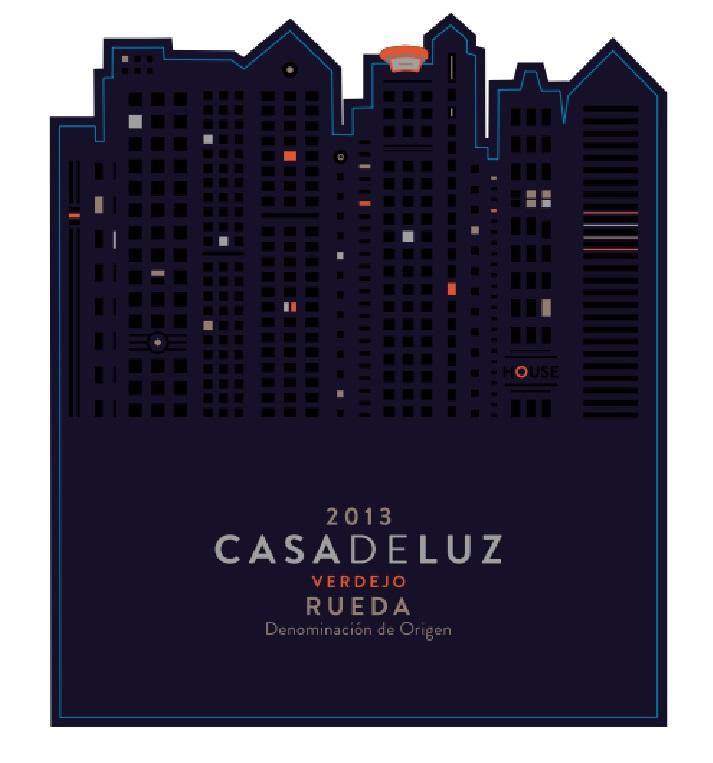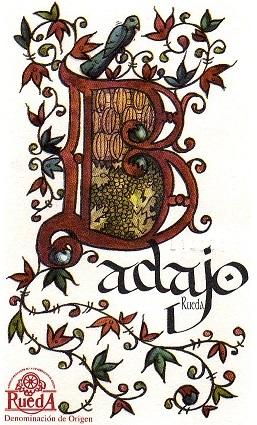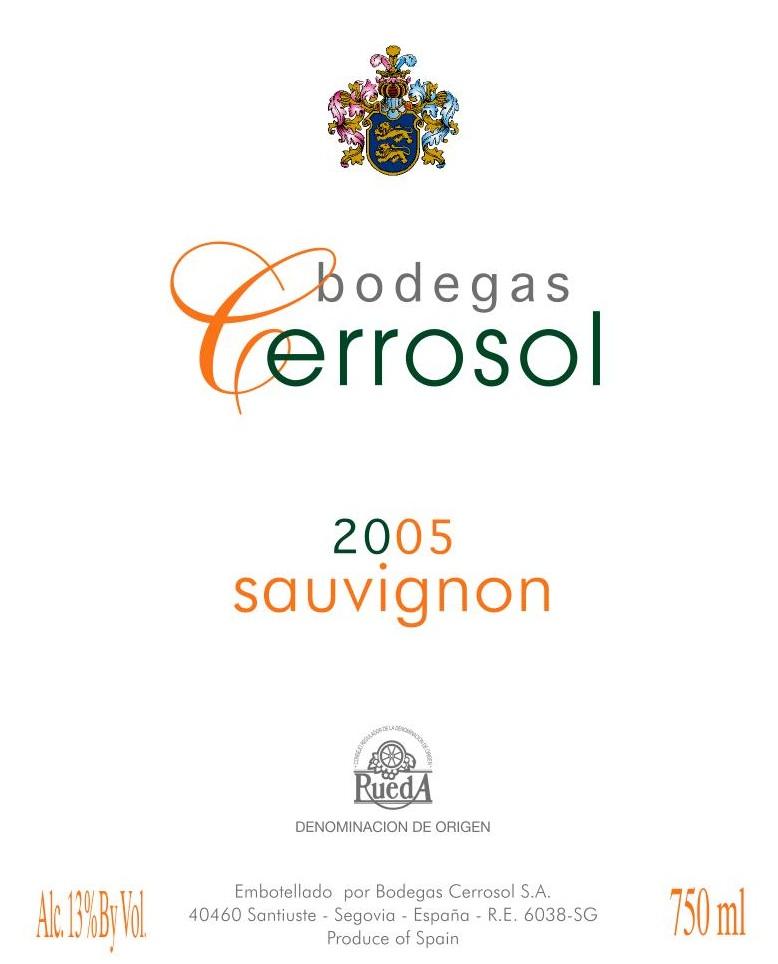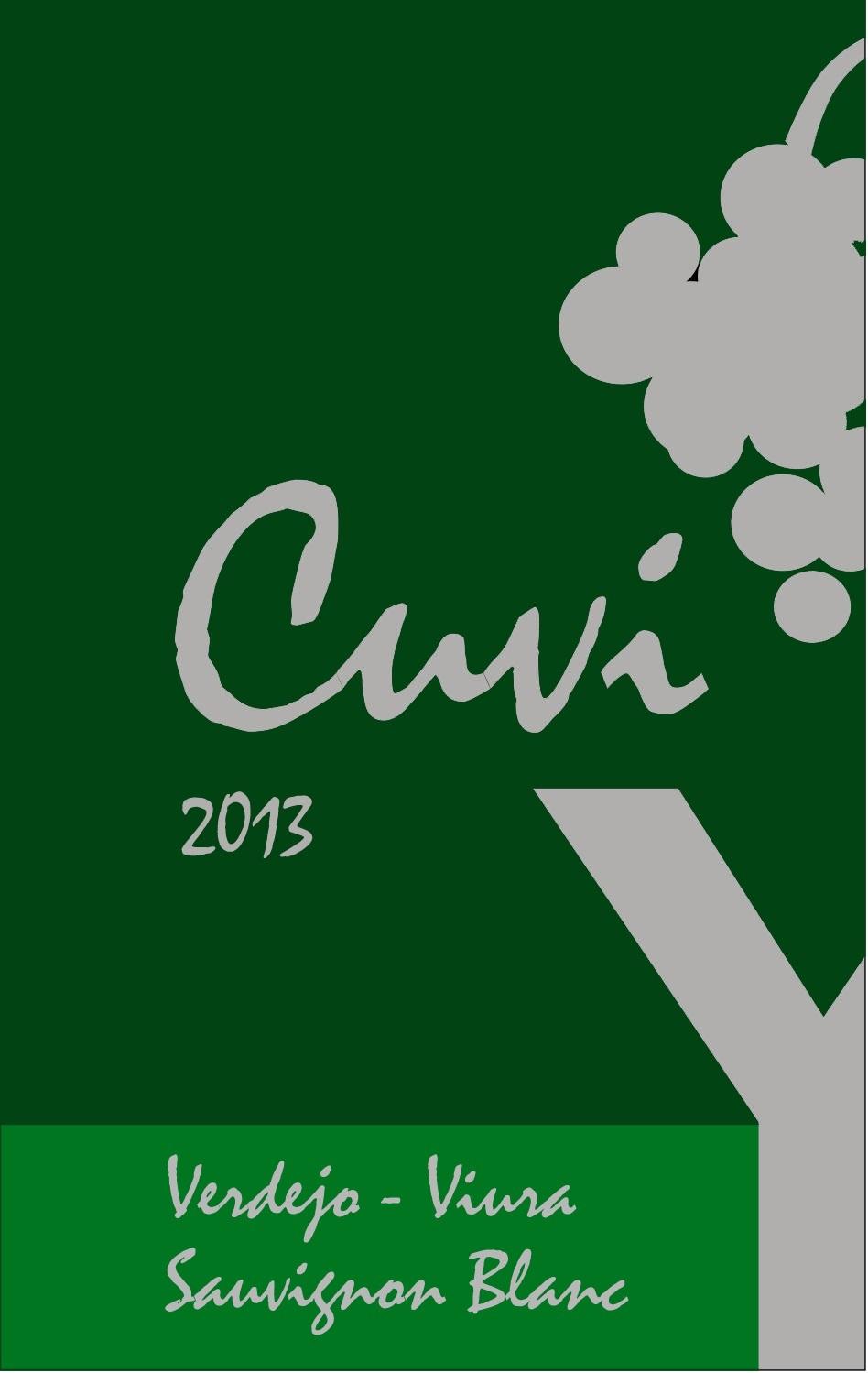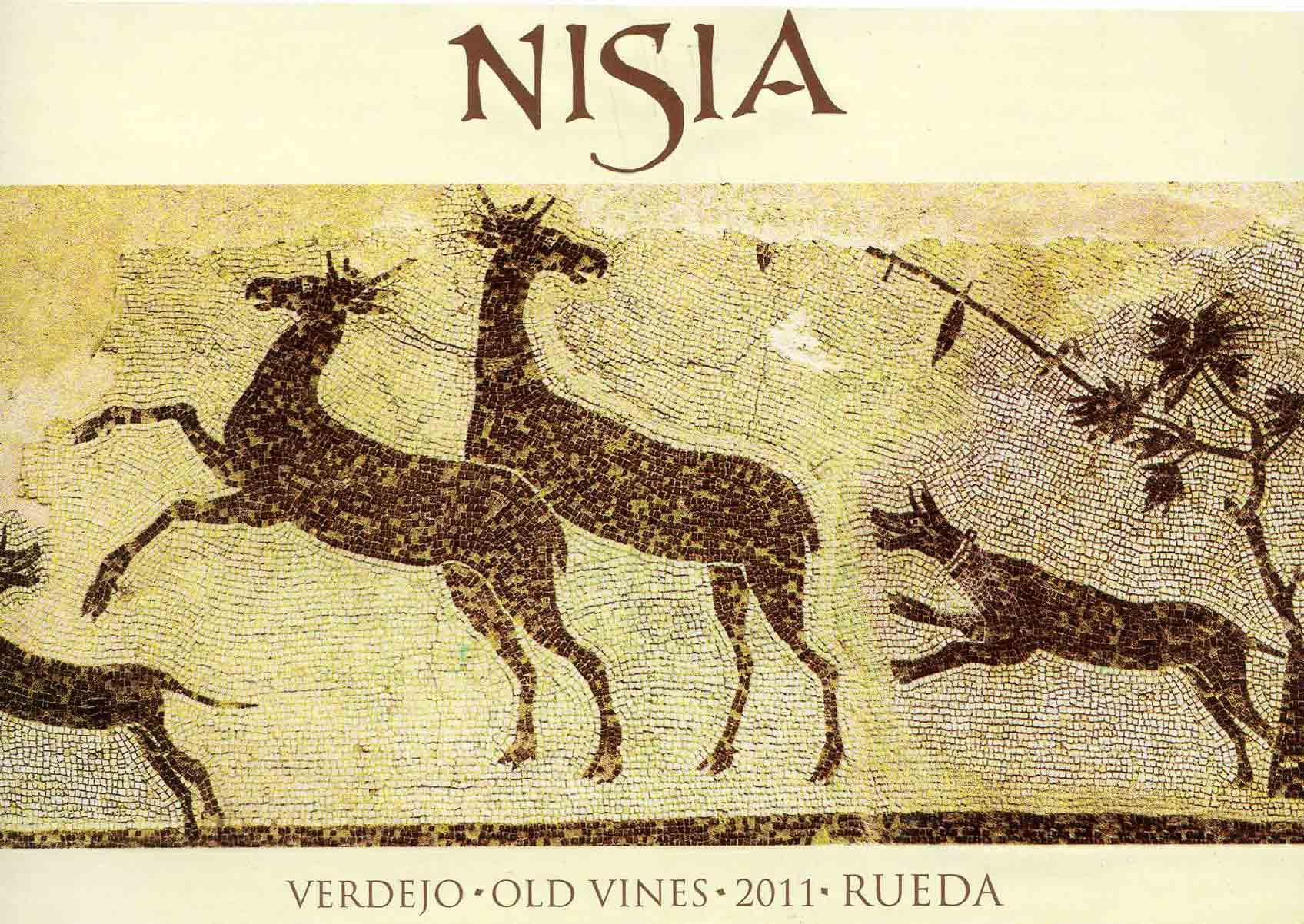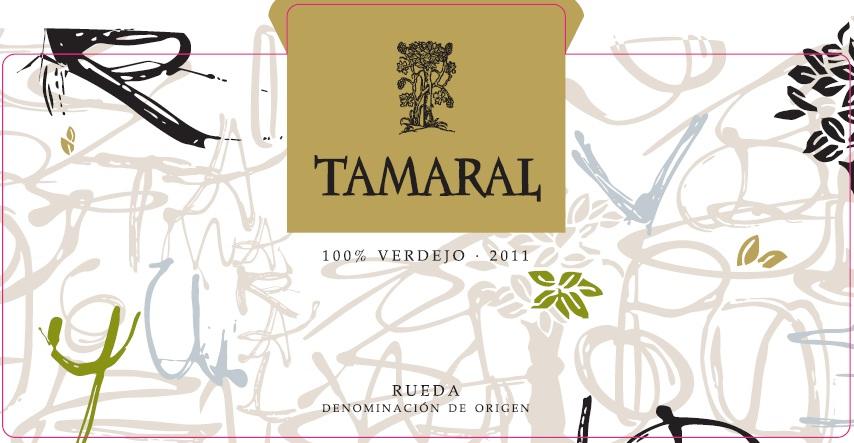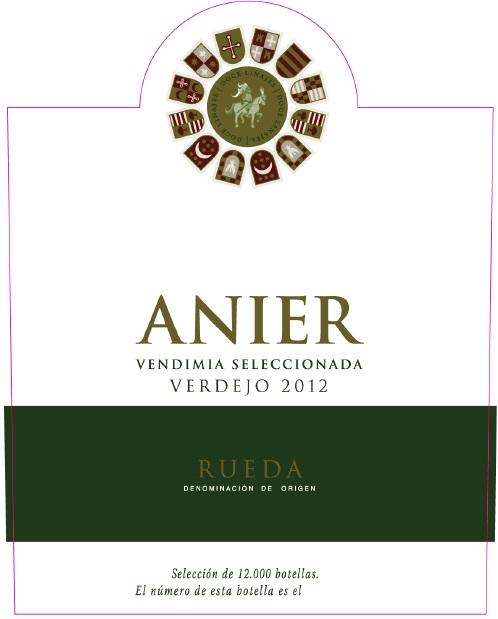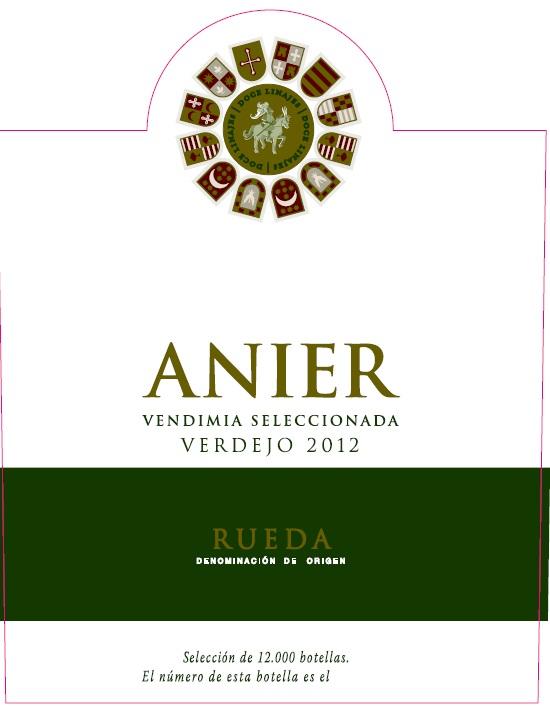Terroir of Rueda
Rueda's terroir is shaped by its high plateau location along the Duero River, where vineyards thrive in well-draining, calcareous soils. These soils, rich in alluvial sands, gravels, and limestone, give the wines a flinty, saline character, adding to their unique minerality and crispness.
The region's continental climate features hot, sunny summers and cold winters, with most rainfall occurring in spring and autumn. Summer droughts require careful irrigation, while occasional frost, cold snaps, and hailstorms pose challenges. Despite these extremes, Atlantic influences offer some moderating effects. Vines are typically grown as low bush or on low trellises to reduce wind damage and conserve soil moisture.
The combination of elevation, abundant sunshine, and unique soil composition ensures Rueda's wines are ripe yet lively, with vibrant acidity and a touch of minerality.
Notable Wineries in Rueda
Rueda, nestled in the heart of Castilla y León, is renowned for its exceptional white wines, particularly those crafted from the native Verdejo grape. This region blends tradition and innovation, with large cooperatives and intimate family vineyards coexisting harmoniously. Some notable wineries in Rueda include:
- Marqués de Riscal: A pioneer in modern winemaking, known for its elegant and expressive Verdejo wines.
- Bodegas José Pariente: Celebrated for its fresh, aromatic whites that capture the essence of Rueda's unique terroir.
- Bodegas Menade: Famed for organic and sustainable practices, offering wines with authentic regional character.
- Javier Sanz Viticultor: Recognized for preserving ancient Verdejo vines, producing complex, age-worthy wines.
These wineries showcase the rich diversity of Rueda, inviting visitors to explore both cutting-edge facilities and historic cellars.
Sustainable Winemaking in Rueda
Rueda is embracing sustainability as a core principle, driven by its dry climate, which naturally supports organic and low-input farming. Many vineyards are transitioning to certified-organic methods, employing cover crops, natural pest controls, and biodiversity plantings. Older bush vines conserve water and combat erosion, with irrigation used sparingly.
Beyond vineyard practices, the region focuses on renewable energy, such as solar power, and increases water and energy efficiency. Lighter, recycled packaging is becoming standard, aligning with regional and European initiatives to enhance biodiversity and carbon capture through planting hedgerows and trees. This collective commitment to organic, biodynamic, and low-impact practices honors Rueda’s tradition while meeting modern consumer demands.
Wine Tourism in Rueda
Rueda, a prominent wine region in Castilla y León, Spain, offers a rich tapestry of wine tourism experiences. The area is renowned for its Verdejo wines, with trails connecting towns like Rueda, La Seca, and Serrada.
Visitors can explore scenic vineyards, historic Mudéjar churches, and ancient castles, enhancing the cultural journey.
The region comes alive from mid-September to mid-October during harvest festivals, featuring grape-treading, nighttime tastings, and local festivities.
Year-round, tourists can enjoy guided tours of underground cellars and indulge in wellness experiences at nearby spa hotels.
The unique combination of high-altitude vineyards, calcareous soils, and a continental climate ensures wines that are crisp with vibrant acidity. Emphasizing sustainability, many vineyards adopt organic and biodynamic practices. Notable wineries such as Marqués de Riscal and Bodegas Menade offer tours that highlight Rueda's commitment to tradition and innovation.
